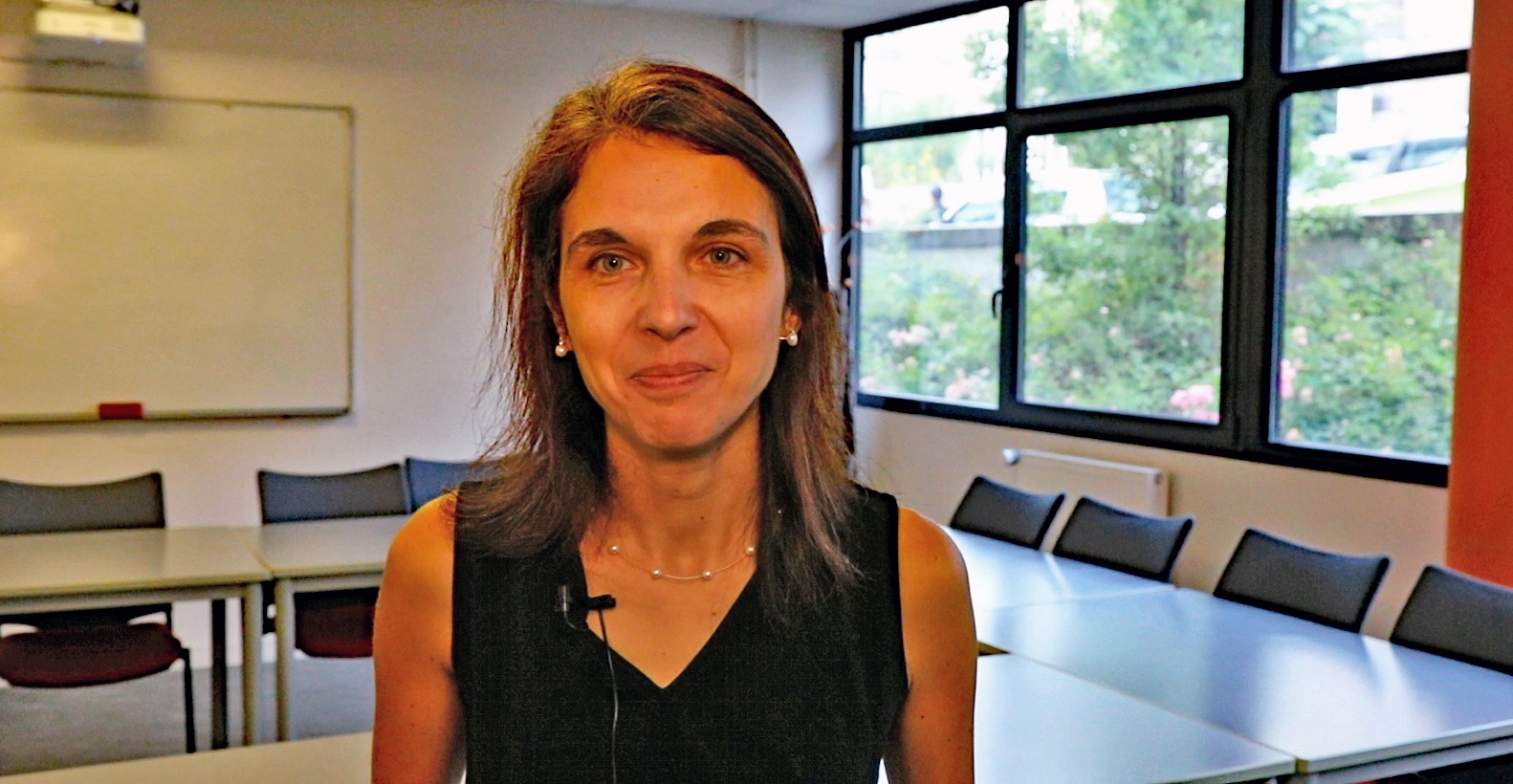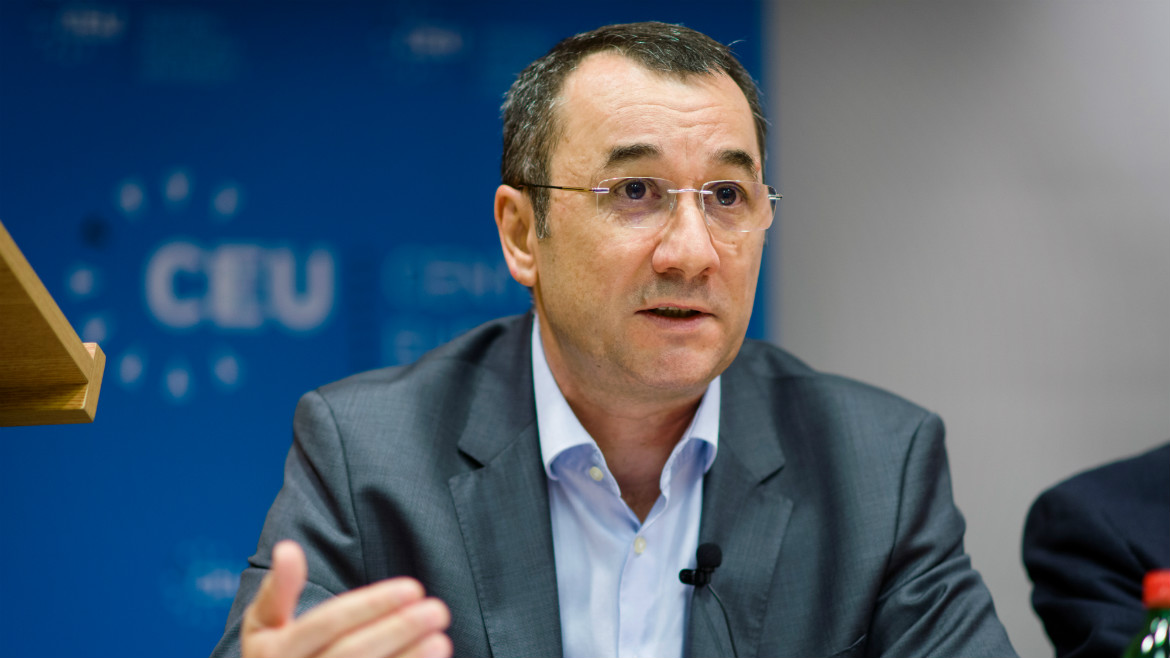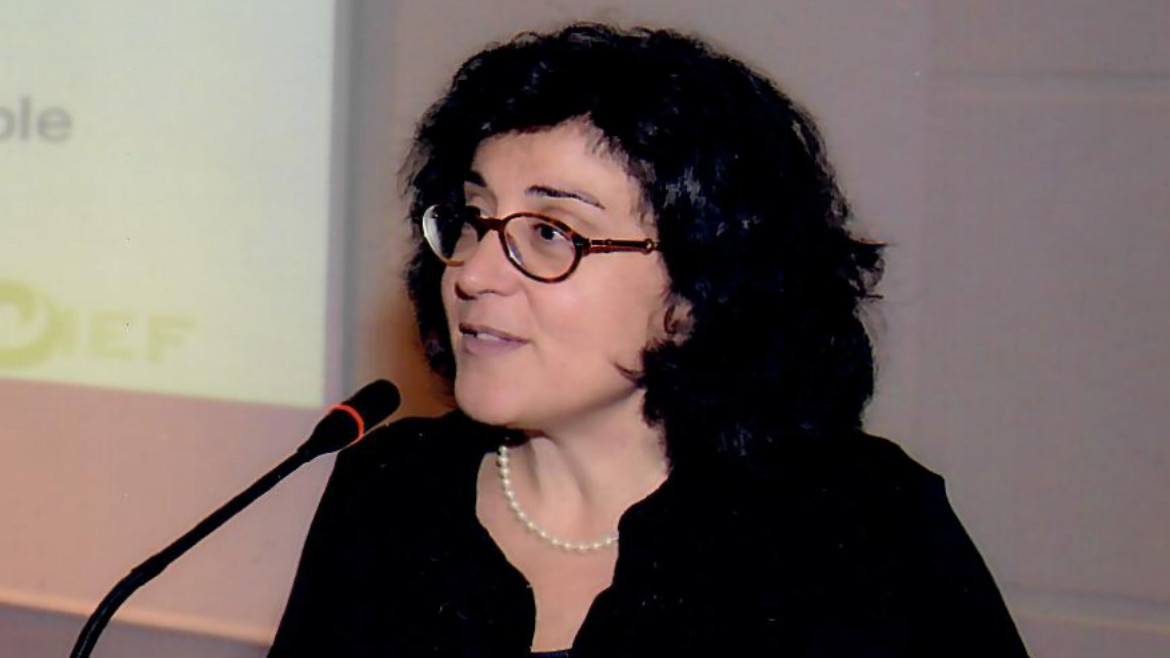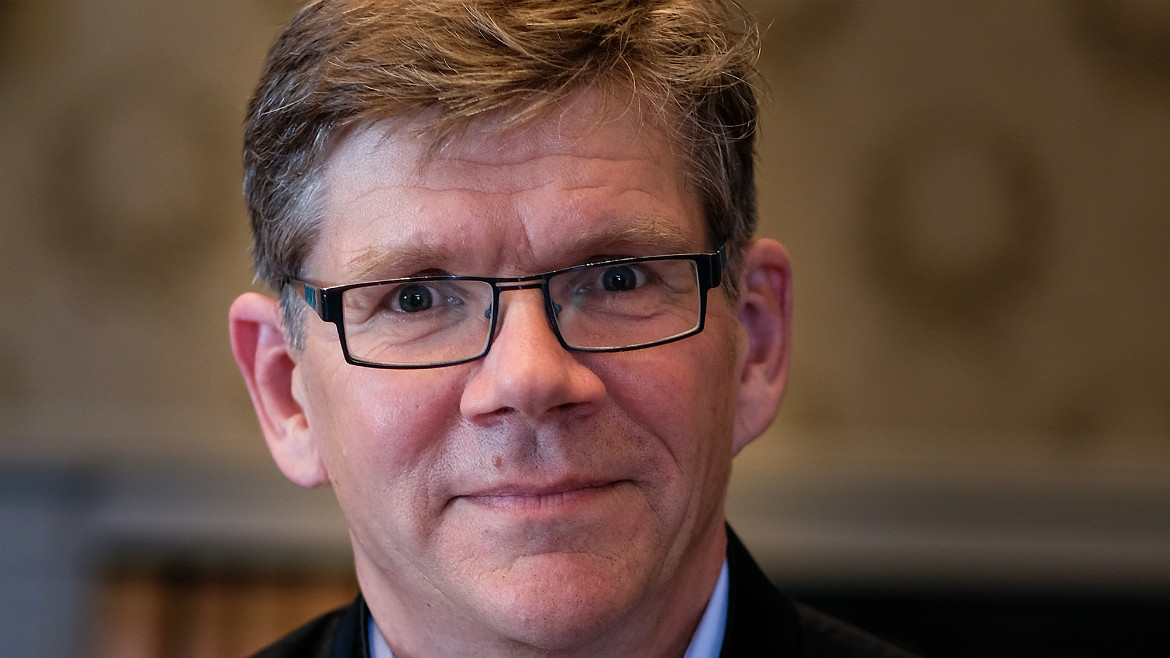How do schools and universities cope?

These institutions are facing many challenges, including the widespread and rapid move to distance learning, the re-organisation of evaluation processes and the remote support of students.
In this section, you will find good practices for initiatives led by higher education institutions and schools, as well as organisations representing their interests for ensuring all students have access to an education that is equitable, inclusive and of adequate quality.
The European Students’ Union (ESU), the Brussels based umbrella organisation of 46 National Unions of Students (NUS) from 40 countries, has published a Position Paper on the COVID-19 crisis and its ‘multidimensional’ effects, with a particular focus on the student population in Europe and beyond. The paper outlines the political, economic, sanitary and social challenges brought about by the COVID-19 pandemic and their possible effects on students, such as the strain under which health care students and interns engaged in the medical institutions find themselves, the difficulties faced by international and exchange students and the social effects that the crisis will have on students from less privileged backgrounds. To respond to these challenges, the ESU calls for a ‘global response to the pandemic’ and a ‘common position of the Global Students Forum protecting students in this crisis’. The Position Paper may be found here (in English only).
The European Students’ Union is collecting data on the impact of COVID-19 on student life via a survey on student life during the COVID-19 pandemic, carried out jointly with the Institute for the Development of Education (a civil society organization from Zagreb, Croatia) and an interdisciplinary team of researchers based at the University of Zadar in Croatia.
In March 2020, the University of Strasbourg identified 160 students whose lack of materials (computer, internet connexion) jeopardised their ability to continue their studies remotely as well as pass their exams. Other students had lost their part-time jobs and could no longer provide for their basic needs.
The University of Strasbourg and its Foundation consequently set up an Emergency Fund for its students. By 7 April 2020, 61 000 euros had been raised and the University had distributed more than a hundred computers to students in need. It is currently trying to find a solution for the students who do not have an internet connection.
The Federation for Education in Europe (FEDE) is an international non-governmental organisation that shares a joint project of excellence, quality and ambition within a network of almost 500 schools.
As many other non-governmental organisations working in education, FEDE participates in the solidarity movement intended to ensure the pedagogical continuity for students and citizen education during the lockdown.
In response to the current COVID-19 crisis, FEDE has taken the following measures.
Reflections on the current COVID-19 crisis from CEC Thematic Group on Education, Democracy and Diversity
The following text is not an official CEC statement but points of discussion meant to contribute to the ongoing debate on the role of churches and COVID-19 in Europe.
We are currently experiencing an unparalleled crisis in Europe and throughout the world. People can no longer go to work, family members have to keep their distance and church services are only possible to a very limited extent or are cancelled for the foreseeable future.
Kindergartens, schools and universities are closed. Social life as we have known it is non- existent.
Everywhere in Europe, people holding positions of responsibility in politics, in civil society and the medical field, are trying to protect human lives. The measures taken are not always welcome, as they sometimes encroach deeply on democratic freedoms.
In the Charta Oecumenica, churches affirm that they have a common responsibility in Europe. It is now especially that we must reflect on this responsibility. We hope that the following reflections foster an open and fruitful discussion among churches. Read more

Responses from schools in Albania
Responses from schools in Serbia
Responses from schools in Ukraine
Responses from schools in Kosovo*
* All references to Kosovo, whether to the territory, institutions or population, shall be understood in full compliance with United Nations Security Council Resolution 1244 and without prejudice to the status of Kosovo.











